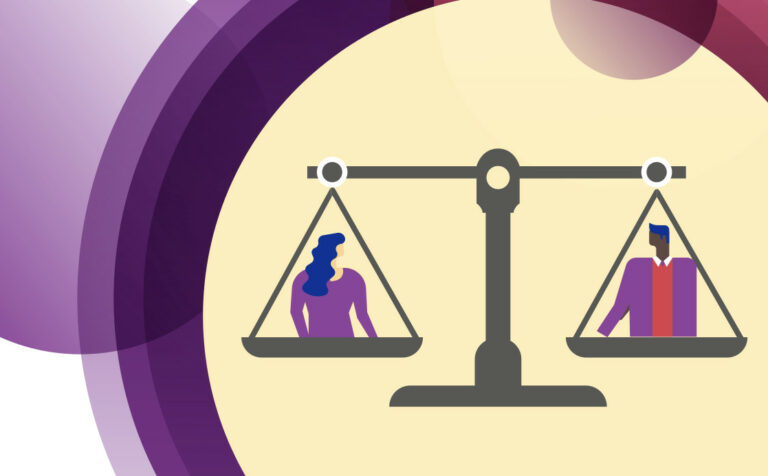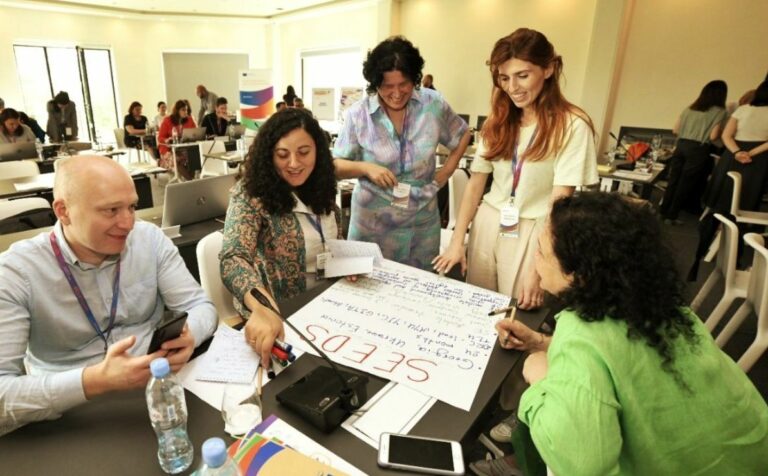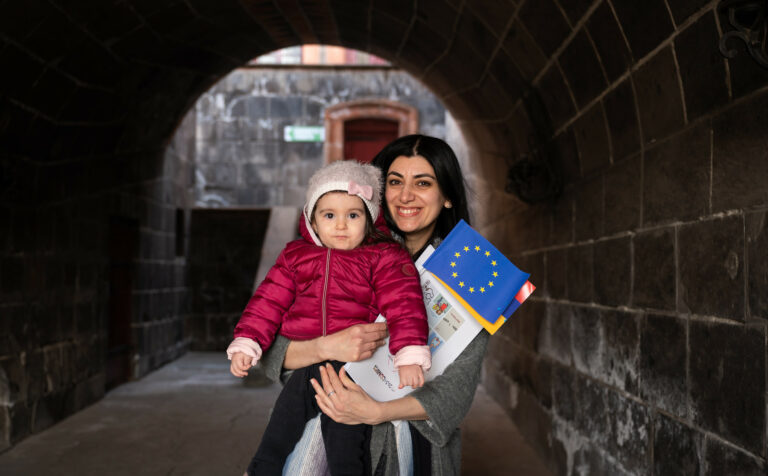
Gender Impact Assessment (GIA) of the Judicial Code of Armenia and Derivative Legal Acts
A vital entry point for mainstreaming gender equality considerations in the judiciary is to ensure that the Judicial Code of Armenia and the deriving legal acts provide for a gender-responsive legal framework. Every law has its impacts, intended or non-intended. No law has neutral impacts, particularly if the position of certain actors, such as women, is not equal at the starting point. Gender mainstreaming looks at not only how to achieve gender balanced representation in decision-making positions in the judiciary by encouraging greater participation of women in the judiciary at all levels; but also to address structural inequalities that exist between men and women to improve their access to, or control over, resources and improve their opportunities to participate in decision making processes. This report provides for a Gender Impact Assessment (GIA) of the Judicial Code of Armenia and the deriving legal acts. It aims to identify the effects of these legal acts on gender relations in the society. The central question this report asks is whether the Judicial Code of the Republic of Armenia and the derivative legal acts reduce, maintain or increase the gender inequalities between women and men. The report looks at the expected impacts on the equality of women and men, not merely on the impacts related to a ban on discrimination. The report tries to estimate different effects, positive, negative or neutral of the laws in terms of gender equality.
European Council, European Union, Yerevan, 2021
Download
MOST READ
RELATED

EU4Culture: Practical online course on successful grant proposal writing

Armenia Country Gender Profile

EU4Youth Newsletter: Welcome to the EU4Youth Stakeholder Hub!

A Resilience and Growth Plan for Armenia

EU4Youth develops Youth Wiki reports on Youth Employment and Employability
More campaign pages:
Interested in the latest news and opportunities?
This website is managed by the EU-funded Regional Communication Programme for the Eastern Neighbourhood ('EU NEIGHBOURS east’), which complements and supports the communication of the Delegations of the European Union in the Eastern partner countries, and works under the guidance of the European Commission’s Directorate-General for Neighbourhood Policy and Enlargement Negotiations, and the European External Action Service. EU NEIGHBOURS east is implemented by a GOPA PACE-led consortium. It is part of the larger Neighbourhood Communication Programme (2020-2024) for the EU's Eastern and Southern Neighbourhood, which also includes 'EU NEIGHBOURS south’ project that runs the EU Neighbours portal.

The information on this site is subject to a Disclaimer and Protection of personal data. © European Union,







